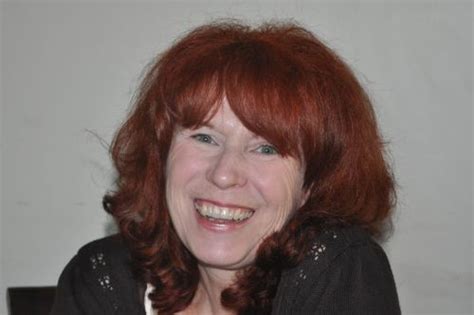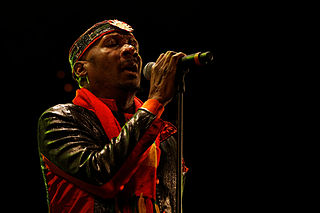A Quote by Donna Ball
The rules of marriage were simple and easy to follow: faithfulness, patience, compromise. But there were no rules to divorce, or if there were, he had not yet discovered them.
Quote Topics
Related Quotes
The first comedians I became fascinated with were the Marx brothers. I couldn't get enough of them. Later in life, I thought, "Well, maybe it's because they were so rebellious and they were just flipping the bird to society and all the rules we're supposed to follow." They were saying that none of it is fair.
In my own field, x-ray crystallography, we used to work out the structure of minerals by various dodges which we never bothered to write down, we just used them. Then Linus Pauling came along to the laboratory, saw what we were doing and wrote out what we now call Pauling's Rules. We had all been using Pauling's Rules for about three or four years before Pauling told us what the rules were.
I'm an untrained musician. Untrained musicians don't really have any music theory, they don't have a lot of rules. We break the rules, but it's mostly because we don't know what the rules are. It's easy for us to go to certain places, so I'm not surprised that a lot of people were amused by my songwriting style.
If you go to a master to study and learn the techniques, you diligently follow all the instructions the master puts upon you. But then comes the time for using the rules in your own way and not being bound by them....You can actually forget the rules because they have been assimilated. You are an artist. Your own innocence now is of one who has become an artist, who has been, as it were, transmuted.... You can't have creativity unless you leave behind the bounded, the fixed, all the rules.
Marriage has failed because you could not rise to the standard that you were expecting of marriage, of the concept of marriage. You were brutal, you were, you were full of jealousies, you were full of lust; you had never known really what love is. In the name of love, you tried everything which is just the opposite of love: possessiveness, domination, power.
By the time Kafka was seven or eight years old, he already had a relatively dark view of the world derived from experiences in his own family. This told him that the world was organized in a strictly hierarchical manner and that those on the top were allowed to mete out punishment in any way they chose. They were entitled to leave those on the bottom uninformed about the rules to which they subscribed; they weren't even required to follow their own rules - this is how Kafka described it in his later Letter to My Father.
We hated Bauhaus. It was a bad time in architecture. They just didn’t have any talent. All they had were rules. Even for knives and forks they created rules. Picasso would never have accepted rules. The house is like a machine? No! The mechanical is ugly. The rule is the worst thing. You just want to break it.






































